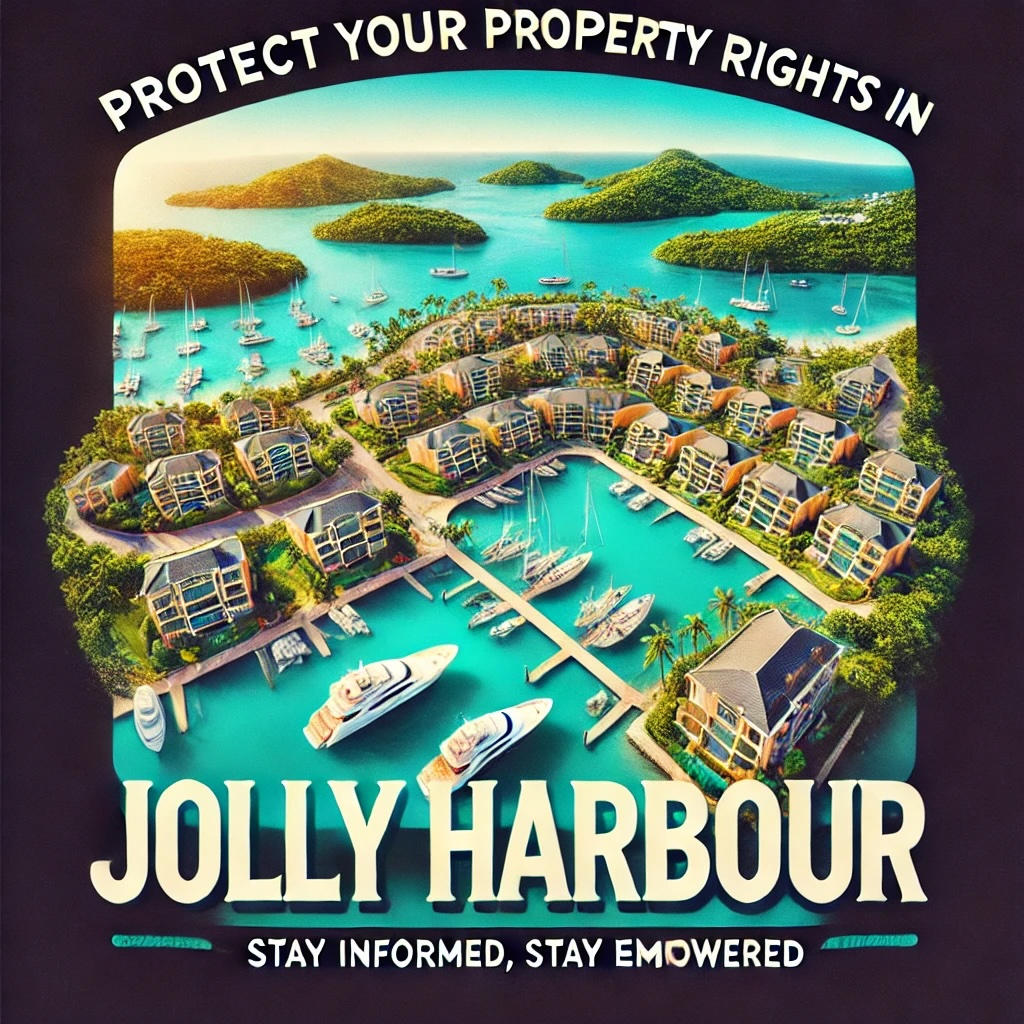Caribbean Developments (Antigua) Ltd. (CDAL) has unilaterally raised Jolly Harbour's 2025 maintenance charge—an action many freeholders contend violates the original land transfer covenants and disregards CDAL's longstanding duty to maintain the development's infrastructure at its own cost. Moreover, numerous deficiencies identified in CDAL's own 2022 reserve study indicate that crucial repairs are overdue, arising from what freeholders see as neglect and mismanagement over time. This memorandum explains why the current fees deviate from our covenants, how they appear to offload CDAL's obligations onto freeholders, and why we believe freeholders have every right to challenge them.
Key Points:
- Not a Condo or HOA: Jolly Harbour is a collection of freehold parcels, not a condominium or HOA, with CDAL retaining ownership and responsibility for infrastructure.
- Infrastructure Liability: CDAL's ownership of roads, bridges, seawalls, and utilities means they are responsible for major repairs and replacements.
- 2022 Reserve Study: CDAL's own study reveals extensive repair needs and infrastructure neglect that they are now attempting to shift to freeholders.
- Covenant Violations: The 2025 maintenance charge appears to violate the "to and for the benefit" requirement in land transfer covenants.
- Legal Framework: Under Antiguan law and the Registered Land Act (1975), CDAL cannot unilaterally impose charges that exceed normal parcel benefits.
Related Articles:
⚠️ Important Notice About 2025 Maintenance Charges
The 2025 maintenance charge increase represents a significant departure from established covenants and legal precedents. Property owners should be aware that:
- CDAL's attempt to shift infrastructure repair costs to freeholders contradicts their obligations under land transfer covenants
- The increase appears to violate the Coleman ruling requirement for audited accounts and proper documentation
- Freeholders have legal grounds to challenge charges that exceed normal "benefit to parcel" services
- Collective action may be more effective than individual challenges in addressing these systemic issues
See our template letters for questioning CDAL's maintenance charges to learn how to formally challenge these increases.
📄 Full Article Access
To access the complete article: Contact legal -at- jollyharbour -dot- org with your property details to receive the full content.
